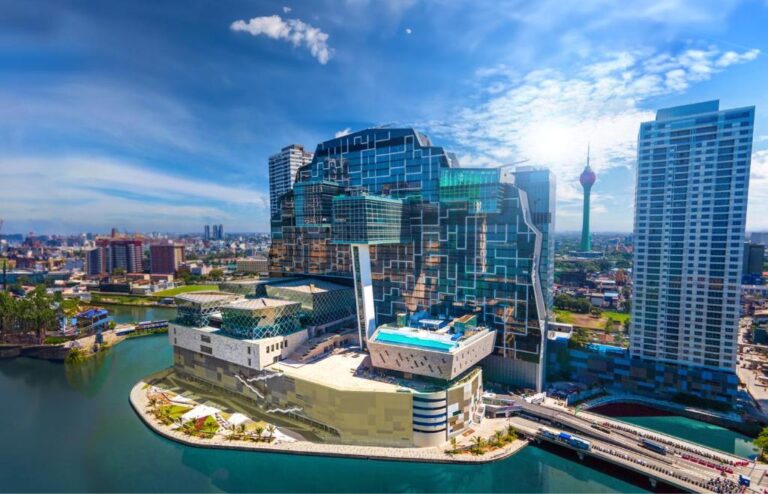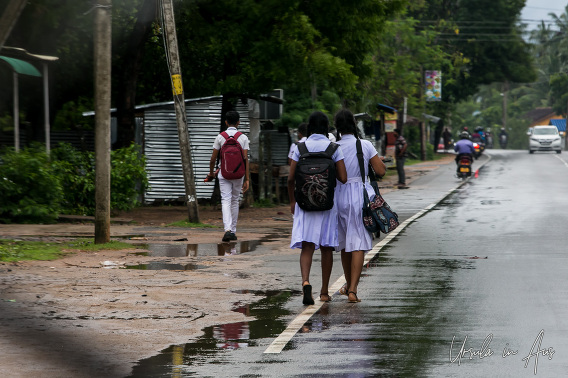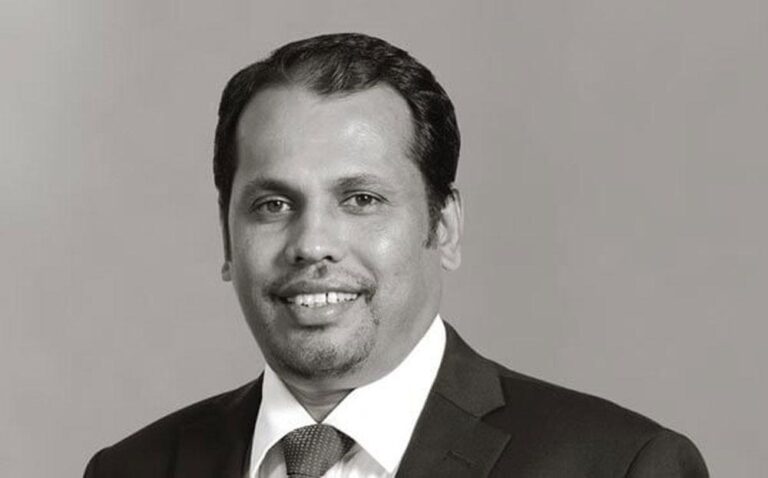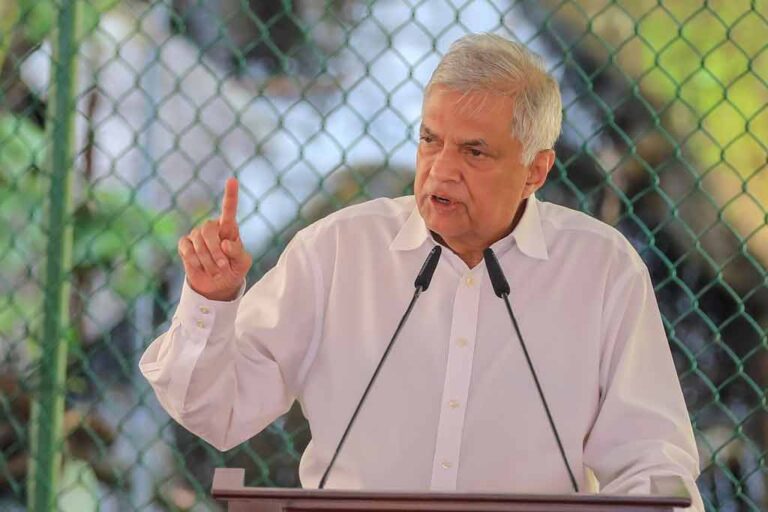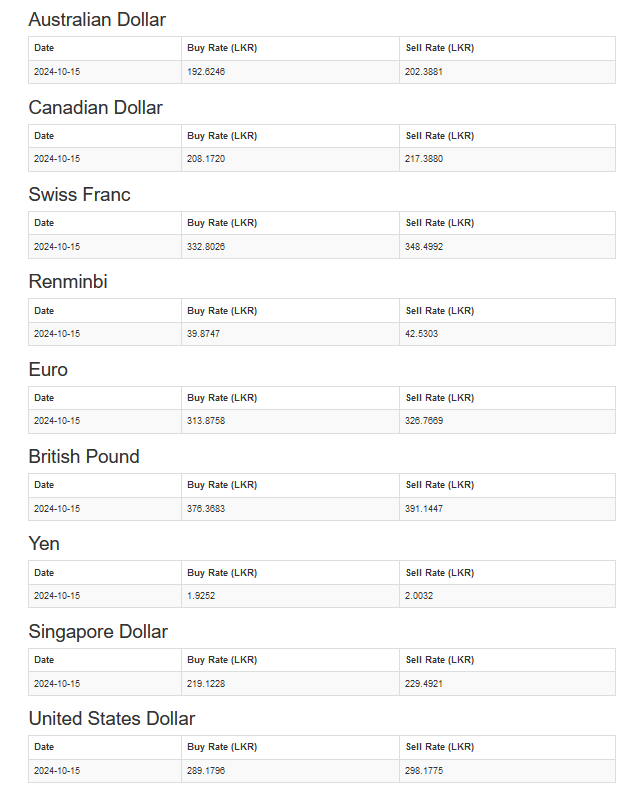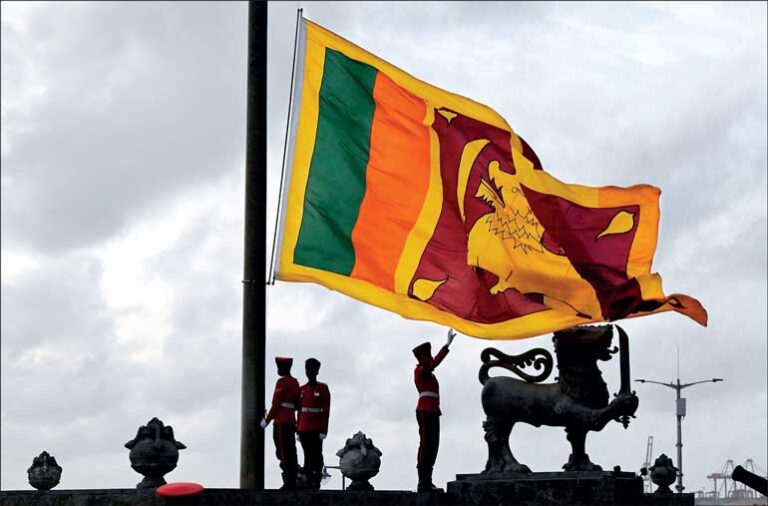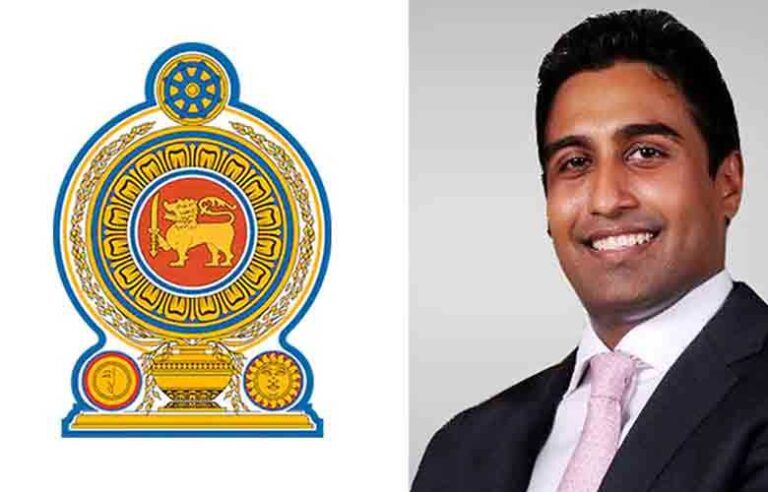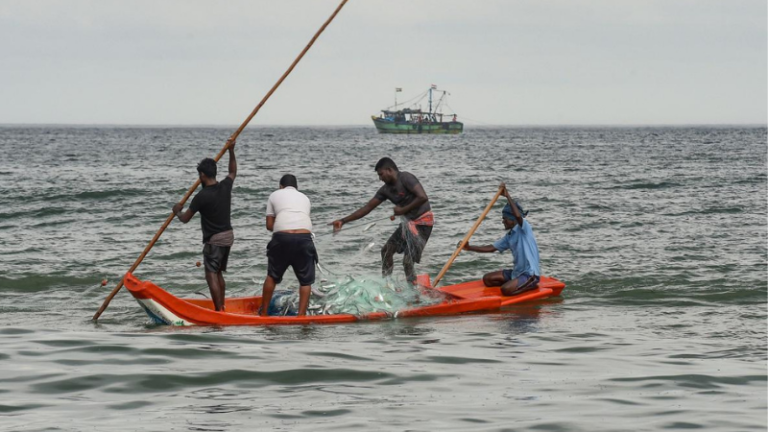By: Staff Writer
October 15, Colombo (LNW): The John Keells Group is set to open doors to Cinnamon Life at City of Dreams Sri Lanka, on 15th October 15, 2024.
Developed at an investment of over USD 1.2 billion by the John Keells Group, this is the largest and most ambitious private investment in the country which will redefine our tourism landscape, catering to a diverse clientele creating South Asia’s most dynamic destination for business, leisure, and entertainment.
This Complex boasts state-of-the-art ballrooms, event spaces, and conference facilities, positioning Colombo as a key destination for global Meetings, Incentives, Conferences, and Exhibitions (MICE) tourism
This ambitious development is expected to transform Sri Lanka’s tourism and entertainment sectors.
Cinnamon Life will feature 687 luxury rooms and Colombo’s largest event venue, capable of accommodating over 5,000 guests. The complex boasts state-of-the-art ballrooms, event spaces, and conference facilities, positioning Colombo as a key destination for global Meetings, Incentives, Conferences, and Exhibitions (MICE) tourism.
With a dedicated staff of over 1,500, including 250 chefs, Cinnamon Life offers an extensive range of dining experiences, from a French bistro to an American grill and a top-tier wine bar. Additional culinary outlets are set to open in the coming months. The resort is also designed as an ideal venue for destination weddings, combining modern elegance with local charm.
While the primary resort opens tomorrow, other elements of the project—including a luxury shopping mall, entertainment spaces, a gaming facility, and the ultra-luxury 113-room Nuwa hotel—will be completed by mid-2025, marking the final phase of this landmark development.
John Keells Chairperson Krishan Balendra called the project “transformational,” adding that it will elevate Colombo as a top destination for leisure and entertainment in the region. Once fully operational, City of Dreams Sri Lanka is expected to generate over 20,000 direct and indirect jobs, boosting both tourism revenue and foreign exchange earnings for the country.
“The Group is confident that the convergence of all elements in the launch of ‘City of Dreams Sri Lanka’ will unlock its full potential as a transformative development in South Asia and be a catalyst in creating tourism demand, foreign exchange earnings for Sri Lanka and generating employment,” said Balendra in a statement to the media.
Located in Colombo’s urban core, Cinnamon Life will also feature over 1,000 museum-grade artworks by Sri Lankan artists, further celebrating the country’s cultural heritage. The development aims to become a vibrant hub for art, music, fashion, and entertainment, offering both locals and visitors a dynamic new experience.


